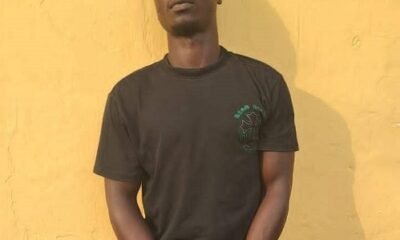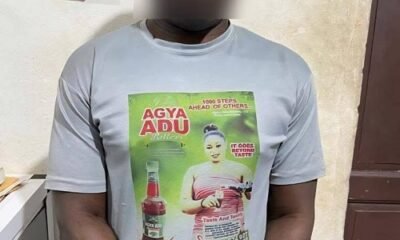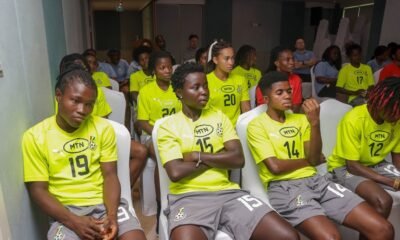Profile
DSP Samuel Opoku, the man at the forefront of ‘The Youth and Crime Campaign’ of Ghana Prisons
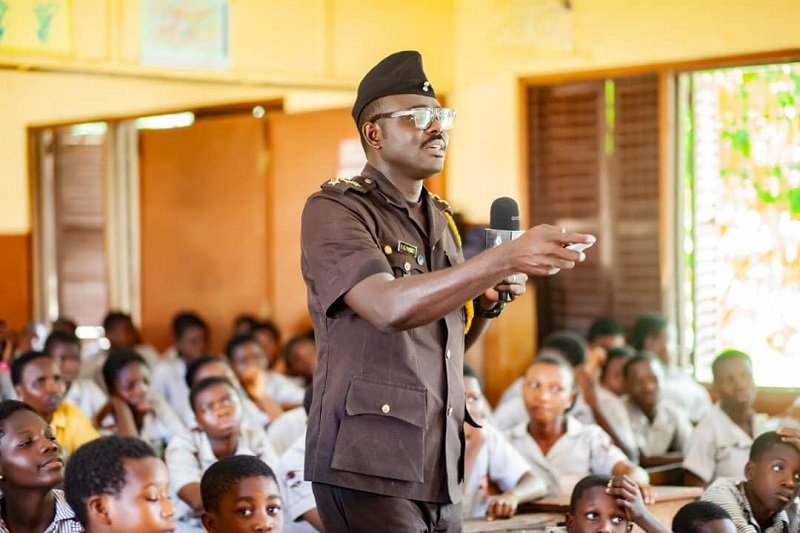
DSP Samuel kofi Opoku interacting with the students
“The development of the youth must be very crucial to every country. It is the reason why every government must consider policies to protect them because they represent the future. They are the generation to take over from older ones.”
The above quote represents the view of a vibrant young man, Mr Samuel Kofi Opoku, a Deputy Superintendent of Prisons (DSP) of the Ghana Prisons Service (GPS).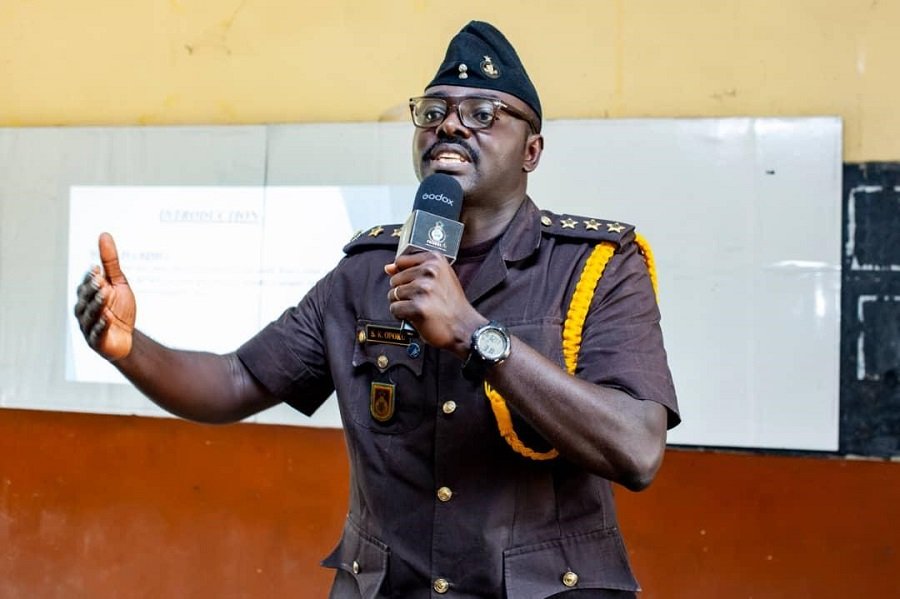
DSP Opoku is stationed at the Service’s Headquarters at Cantonment and has become the face of the ‘The Youth and Crime Campaign,’ an initiative of the Ghana Prisons Service.
With his passion for youth development, DSP Opoku has welcomed this responsibility thrown at him by his superiors and is wholeheartedly committed to it.
The ‘The Youth and Crime Campaign,’ seeks to address the cause of the youth’s involvement in crime and also, contribute in reducing their involvement in crime.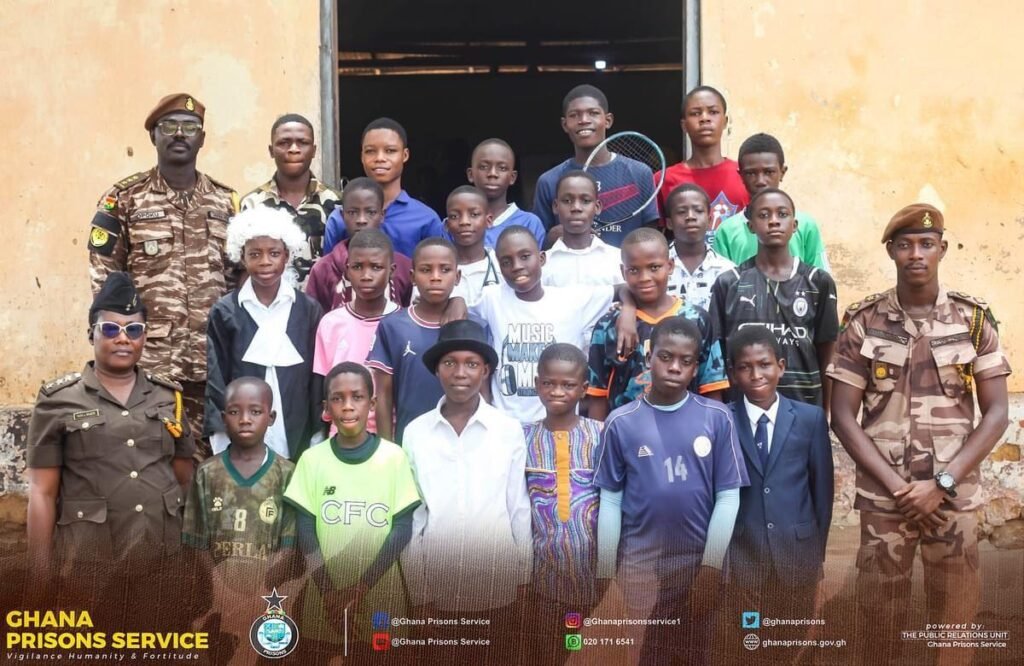
It appeared defunct as it witnessed little or no activity but recent effort by the Service has breathed life into the campaign and seem to be transforming the lives of the youth in schools, churches and the GPS.
DSP Opoku’s association with the project started after joining the Service in January 2017. He was invited by a Charismatic Church at Kasoa in the Central region to have a talk with the members about the work of the GPS.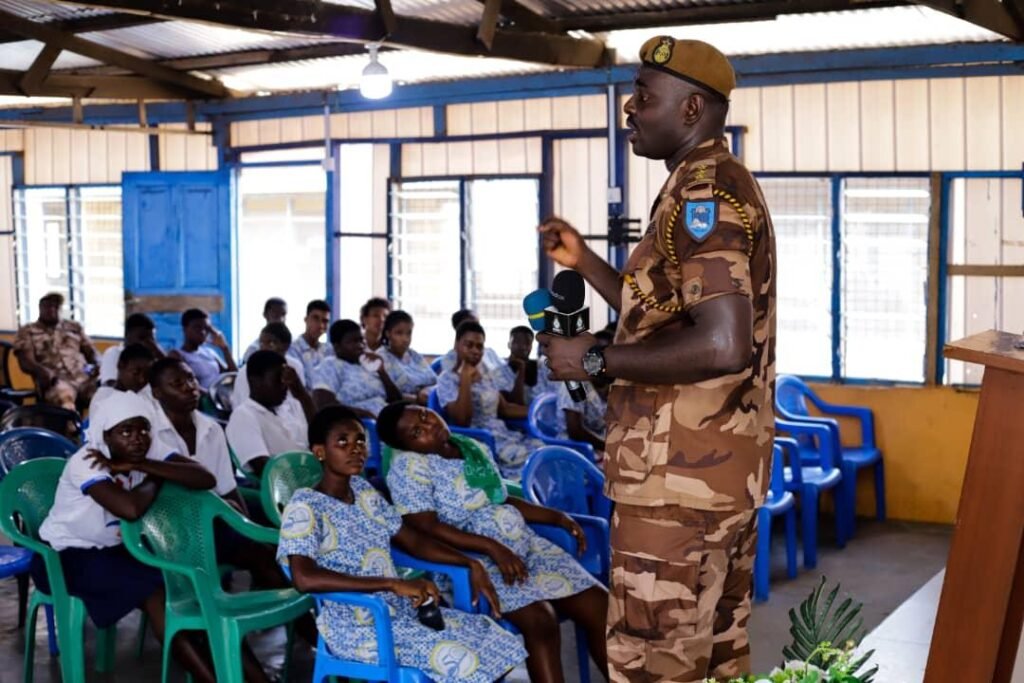
What was supposed to last for 30 minutes was stretched for over three hours.
After that, he felt the ignorance of the youth regarding some of the crimes around them and life in and after prison.
The outcome motivated him to accept the challenge of the campaign powered by the Public Relations Unit of the Service in 2022.
“We visit schools, churches and educate them about crimes, juvenile detention and the Juvenile Justice system in the country. Among the schools and churches visited were Labone Senior High School, Nugs Career Fairs, Rangoon Basic School, Kinbu Secondary School, Presbyterian Church Osu, and Mampong School for the Deaf.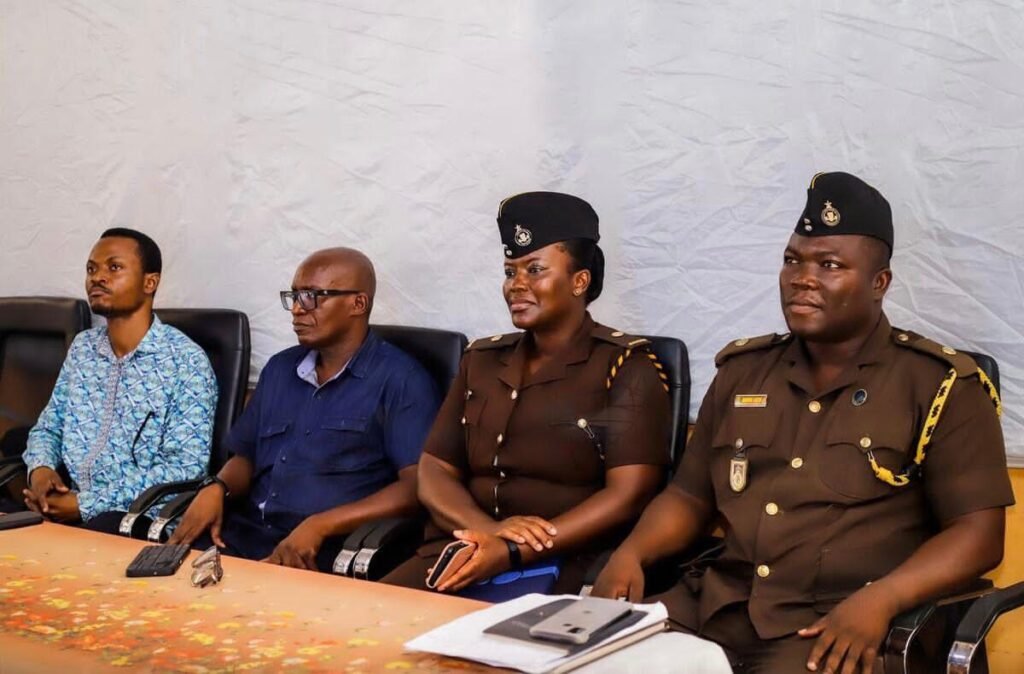
Challenges
In all of these, language appear to be the biggest challenge faced by the campaign team because some of the groups or individuals encountered who were not conversant with the English language, had to be attended to differently in other languages.
“That notwithstanding, we are able to educate children about crime and its consequences on individuals whether young or old. That has gone a long way to reduce the child involvement in crime stories.”
It is the wish of DSP Opoku that they would be able to cover a lot of remote areas to benefit from the laudable initiative.
And in all of these, he hailed the impact of the Director General of the GPS, Mr. Isaac Kofi Egyiri, and Prisons Directorate for their immense support over the years for championing this course. And also Dr. Vladmir Antwi Danso for encouraging and supporting financially to the Prisons Service.
The campaign falls in line with the Ghana Prison Service’s mandate for reformation and integration into the society. This is done by taking inmates through various skills training at the classrooms at the various prison centres.
But one important thing the campaign has lacked is corporate support.
In his view, it was important for the corporate sector especially to support the campaign to reduce crime among the youngsters to create a crime-free environment for businesses to thrive.
Passion
Before joining the GPS, he had stints with Radio Windybay in Winneba in the Central Region as a student news anchor. He also worked as a talk show host and producer, Editor for the Profile newspaper, Reporter and Producer at Channel R, Correspondent for the Ghanaian Observer and Daily Guide newspapers.
He taught English language and Literature at the Aggrey Memorial Senior High School in Cape Coast, Mercy Islamic Senior High School and St. Dominic Senior High School in Kwahu- Pepease.
He later coached the female basketball team of the Aggrey Memorial Senior High School to win their first ever trophy at the 2013 edition of the Sprite Ball Competition.
Life
DSP Opoku started his primary school education at the Presec Staff School (Legon) and continued to Tema Senior High School where he studied General Arts.
He holds a Diploma in Journalism and a Bachelor of Arts in Communication (Public Relations) from the University of Media Arts and Communication (UNIMAC) formerly Ghana Institute of Journalism (GIJ).
He holds a Bachelor of Arts degree in English from the University of Education, Winneba, Certificate in Radio Broadcasting, Certificate in Advance Monitoring and Evaluation from the Ghana Institute of Management and Public Administration.
Work
He was enlisted into the Prison Service in January, 2017 as a Cadet Officer and commissioned as an Assistant Superintendent of Prisons (ASP) on March 23, 2018 after 18months of paramilitary training at the Prison Officers Training School in Accra.
He first worked at the Monitoring, Research and Evaluation office at the Prisons Headquarters but was transferred in February 2019 to the Commercial Unit at the Prisons Headquarters and in May 2020 to the Public Relations Unit at the Prisons Headquarters.
After a hard day’s work, DSP Opoku relaxes by listening to music, writing and playing basketball.
He is the last among three siblings to Mr. William Freeman Opoku and Madam Veronica Naana Essien from Akim- Oda in the Eastern region.
Advice
DSP Opoku advised the youth to stay focused to realize their dreams by taking their studies very serious to become responsible and productive citizens.
The Ghana Prisons Service as a key stakeholder of the Criminal Justice System of Ghana contributes to the maintenance of internal security by maintaining an efficient, humane, and safe reformatory penal system operated within the laws of Ghana.
The Service is committed to undertaking the safe custody, humane treatment, reformation, rehabilitation, and reintegration of inmates to make them responsible, productive, and law-abiding citizens to ensure public safety.
By Linda Abrefi Wadie
Profile
From dormancy to dominance: Rev. Emmanuel D. Niikoi’s inspiring netball journey
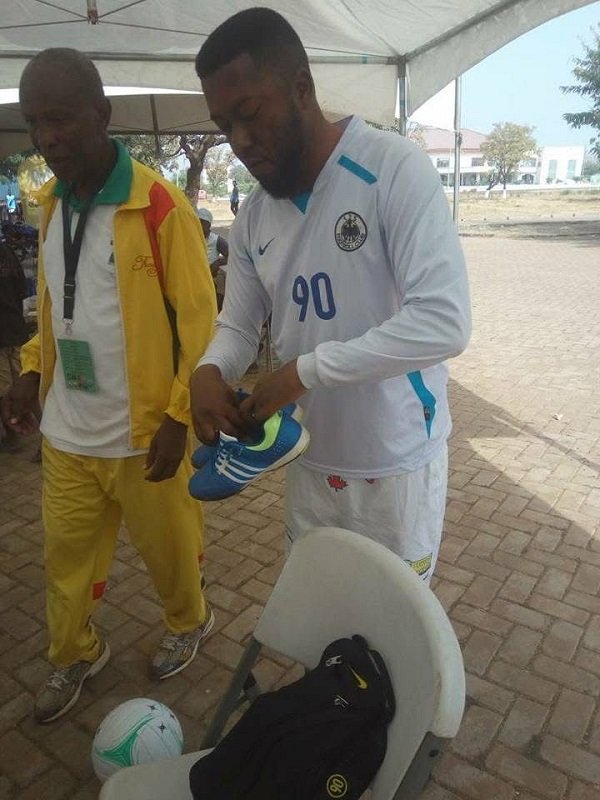
IN the annals of Ghana’s sporting history, certain individuals stand out not merely for participating in sport, but for transforming it.
Rev. Emmanuel D. Niikoi is one such figures. Revered as the father of modern netball in Ghana, is widely credited with rescuing the game from near extinction and transforming it into a vibrant, structured and nationally recognised sports discipline.
His journey reflects vision, resilience and an unwavering commitment to youth and sports development.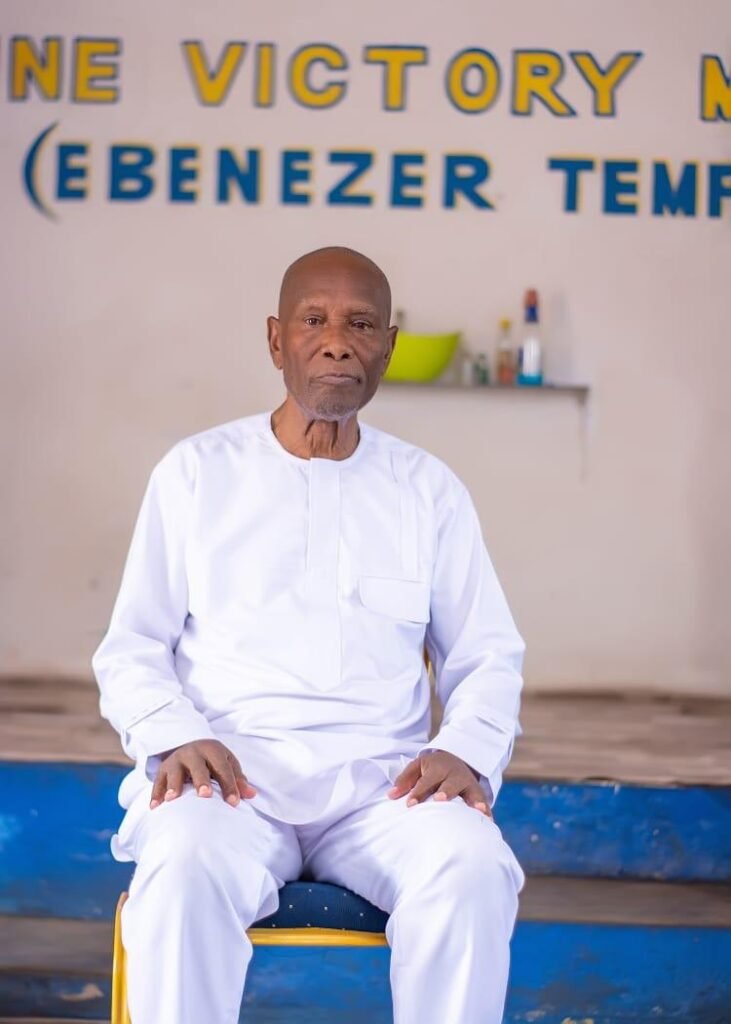
Netball was introduced to the then Gold Coast by Christian missionaries alongside formal education. By the 1960s and early 1970s, the sport had gained remarkable popularity in schools and colleges, ranking second only to football and, in some institutions, rivaling it in appeal.
However, during the 1974/75 academic year, the Ghana Education Service (GES) took a policy decision to step down netball in favour of basketball development. The decision dealt a severe blow to the sport.
Between 1975 and 1985, competitive netball virtually disappeared from Ghana’s sporting calendar.
That decision of the GES can be blamed for the current state of the sports that is producing heroines across the globe.
The revival of the game can be traced to 1985 during the Golden Jubilee celebration of the Ghana Broadcasting Corporation (GBC).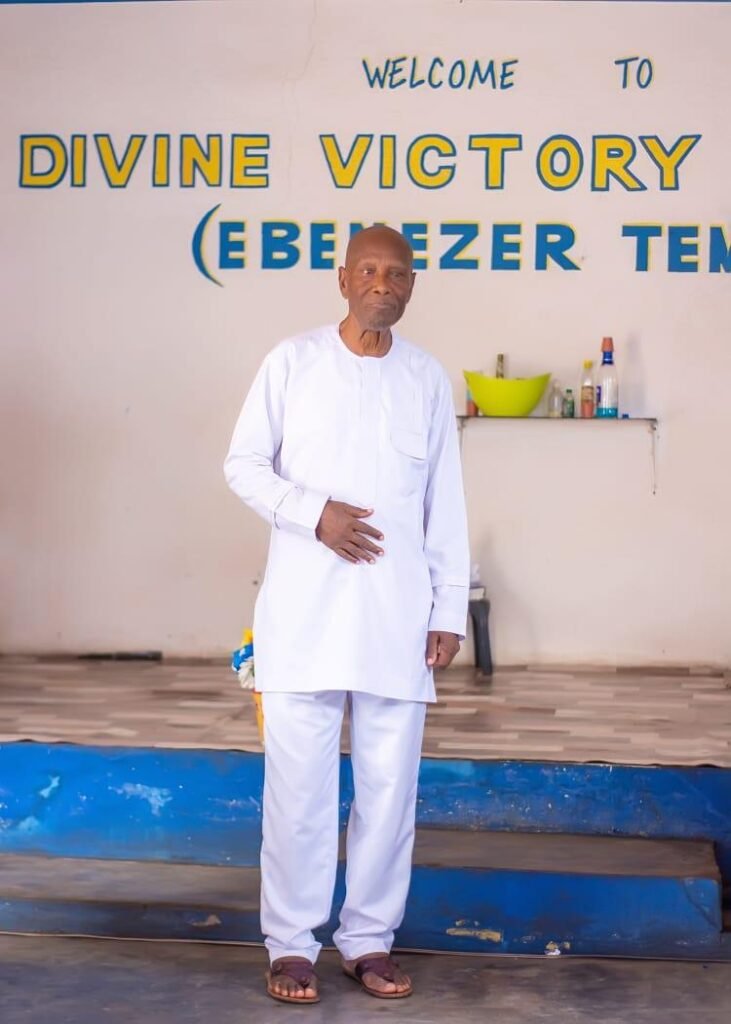
At the time, Rev. Niikoi was serving as Chief Editor (News) in the Radio Newsroom. Understanding both the historical importance and untapped potential of netball, he championed the inclusion of a netball tournament as part of the anniversary celebrations. The event reignited public interest and reminded many of the sport’s former glory.
Crucially, Rev. Niikoi did not allow the momentum to fade after the festivities. The GBC netball team formed for the tournament, aptly named “Golden Hands,” became the cornerstone of a national revival campaign.
With determination and personal sacrifice, he led tours across the country, using the team as a practical training platform.
He personally taught sports teachers under the GES the official rules of netball, reintroduced structured competition, and restored confidence in the sport’s viability.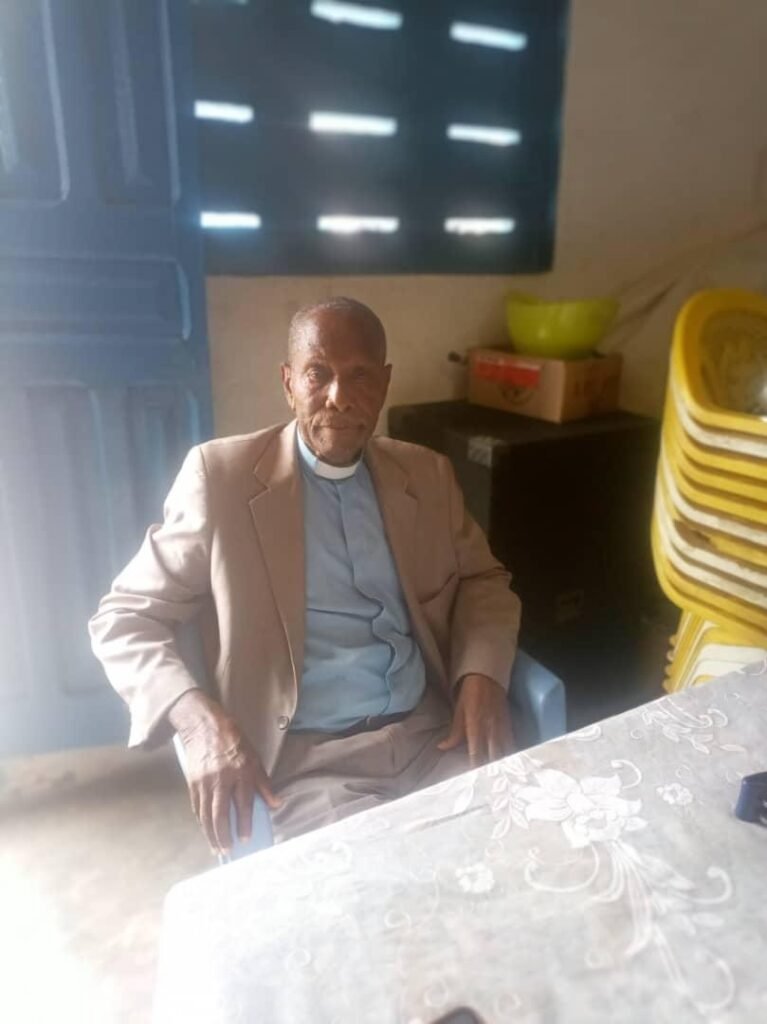
These efforts culminated with the formation of the Netball Association of Ghana in 1988, now known as the Netball Federation of Ghana.
In 1990, the association gained formal recognition from the National Sports Authorities, previously known as the National Sports Council (NSC), restoring netball’s status as an official sporting discipline.
This milestone marked the rebirth of organised netball in Ghana and cemented Rev. Niikoi’s place as founder of the national governing body.
Revival soon transitioned into consolidation. Over the years, Rev. Niikoi consistently lobbied educational and sports authorities to reintegrate netball into major school competitions.
His advocacy led to the sport’s reintroduction into the National Basic Schools Sports Festival, the Senior High and Technical Schools Sports Festival, the Colleges of Education games, and competitions under the Ghana University Sports Association (GUSA).
Today, netball is played across the entire educational structure in Ghana, from basic schools to public universities, a testament to his sustained and strategic efforts.
On the continental and global front, Ghana is a full member of World Netball and was a founding member of the Confederation of Africa Netball Associations (CANA), now Africa Netball.
In 2004, Ghana hosted the inaugural Africa Netball Cup of Nations in Accra and emerged champions after defeating Namibia in the final. The victory not only boosted Ghana’s sporting image but also validated years of groundwork.
In 2007, Rev. Niikoi was elected Director of Marketing and Media for CANA, serving a four-year term and contributing to the sport’s development across the continent.
In 2019, following governance reforms required by the International Olympic Committee to lift sanctions related to state interference in sports administration, national federations were mandated to adopt independent constitutions. Under this new framework, the Netball Federation of Ghana successfully drafted its constitution and conducted elections.
On June 19, 2019, Rev. Niikoi was elected the federation’s first President under the independent constitutional order which is symbolic and deserved recognition of decades of service.
Beyond netball administration, Rev. Niikoi also served two terms spanning eight years from March 2018 to March 2025 as an Executive Board Member of the Ghana Olympic Committee.
His presence on the board ensured that netball maintained visibility within Ghana’s broader Olympic movement.
A Bachelor of Arts graduate in Combined Honours (History and Law), Rev. Emmanuel D. Niikoi has trained numerous coaches and umpires nationwide, strengthening the sport’s technical foundation and ensuring sustainability.
His leadership style combines administrative discipline with grassroots engagement, making him both a strategist and a mentor.
From dormancy to dynamism, the resurgence of netball in Ghana bears his unmistakable imprint. Through advocacy, institution-building and capacity development, Rev. Niikoi has secured a lasting legacy.
Today, every netball match played in Ghana, whether at a basic school court or a university festival stands as living testimony to his vision and perseverance.
By Esinam Jemima Kuatsinu
Profile
Autism Awareness Care & Training: Pioneering autism care, inclusion in Ghana
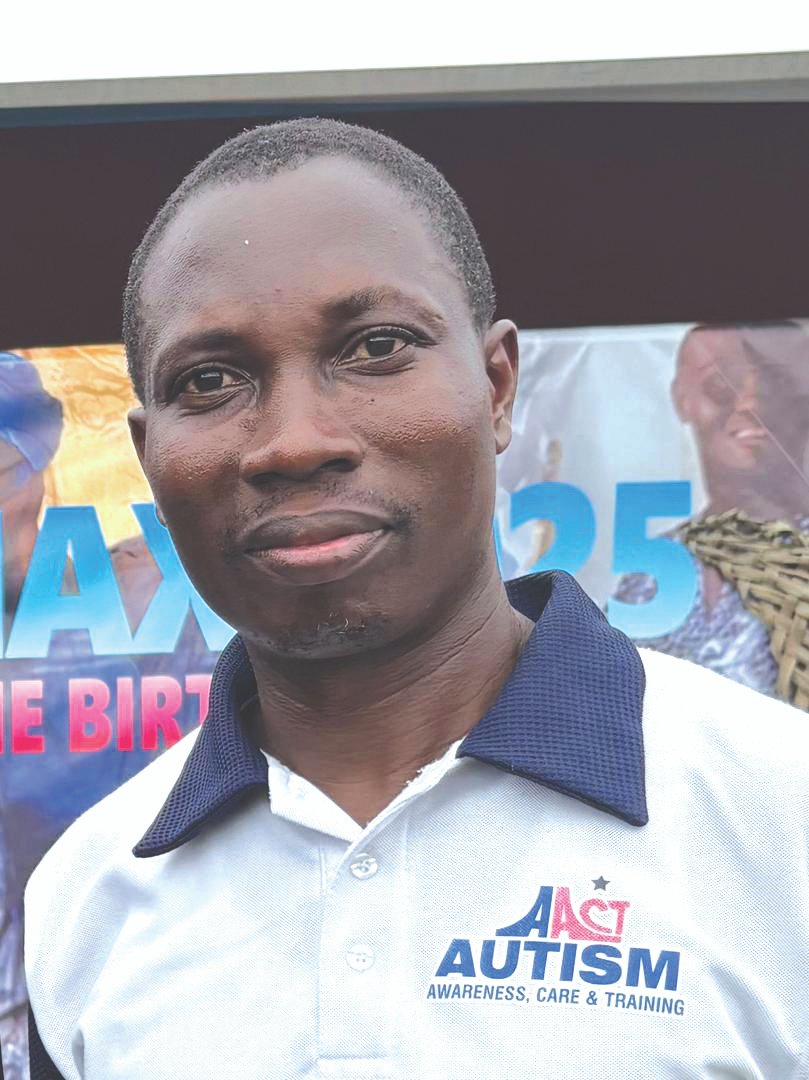
AUTISM Awareness Care and Training (AACT) is Ghana’s first autism-focused centre, playing a pioneering role in the care, education, and advocacy for children on the autism spectrum and their families.
Established in 1998, AACT began as a parent-support and training initiative at a time when autism was poorly understood in Ghana. Many families raising autistic children faced stigma, isolation, and limited access to information or professional assistance.
Over the years, the organisation has evolved into a full-fledged autism care and training centre, responding to the growing demand for specialised services and sustained nationwide awareness.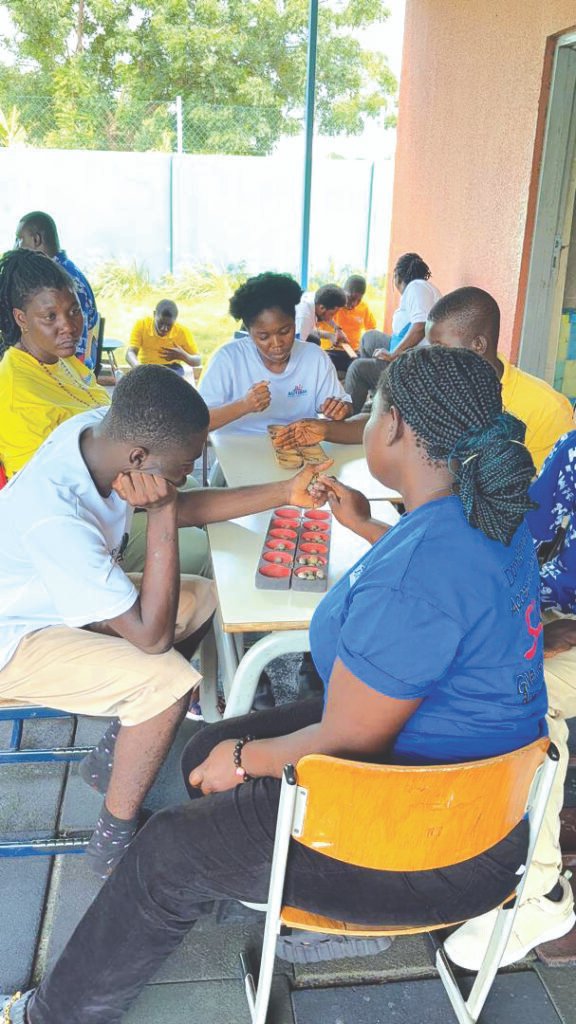
AACT is currently located in Haatso, Accra, where it operates a structured day programme serving about 25 learners daily. The centre provides a safe, inclusive, and supportive environment where children with autism are guided to develop essential life, social, and functional skills.
Programmes at the centre focus on independent living skills, vocational and pre-vocational training, functional academic skills, and therapeutic interventions. These activities are tailored to the individual needs of each learner, recognising that children on the autism spectrum learn and develop at different paces.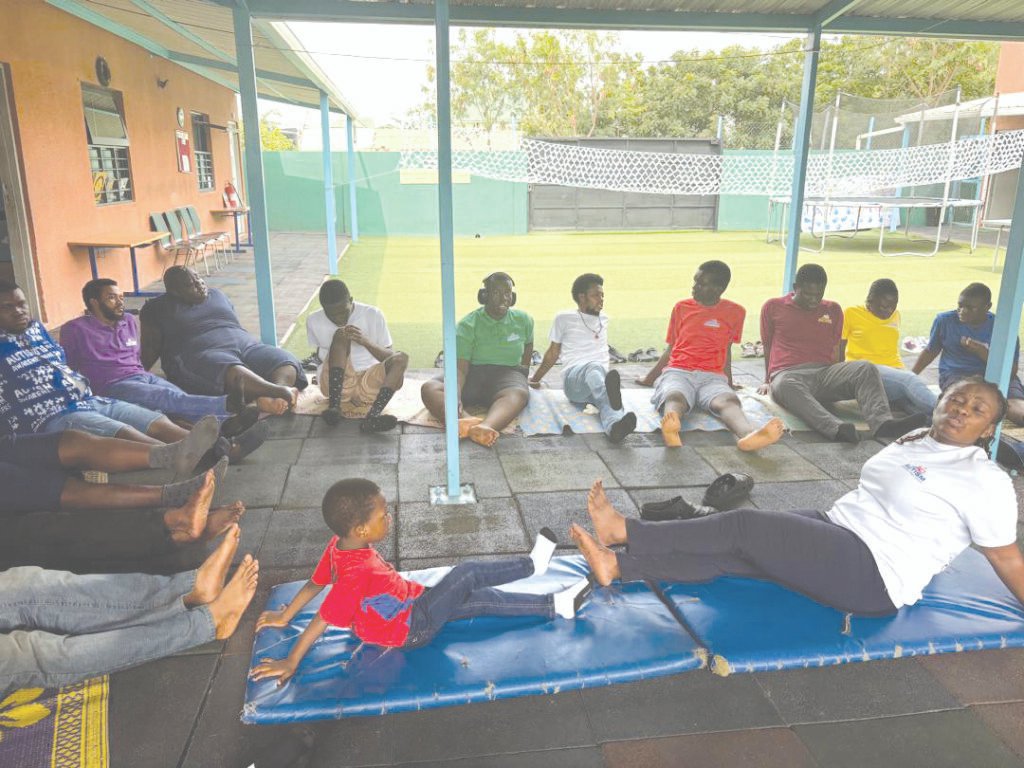
According to Abeiku Grant, Head of Programmes at AACT, the centre’s philosophy is centred on ability rather than limitation.
“Every autistic child is different,” he said. “Our work is to support them at their own pace and help them discover what they can do, not to focus on what they cannot do.”
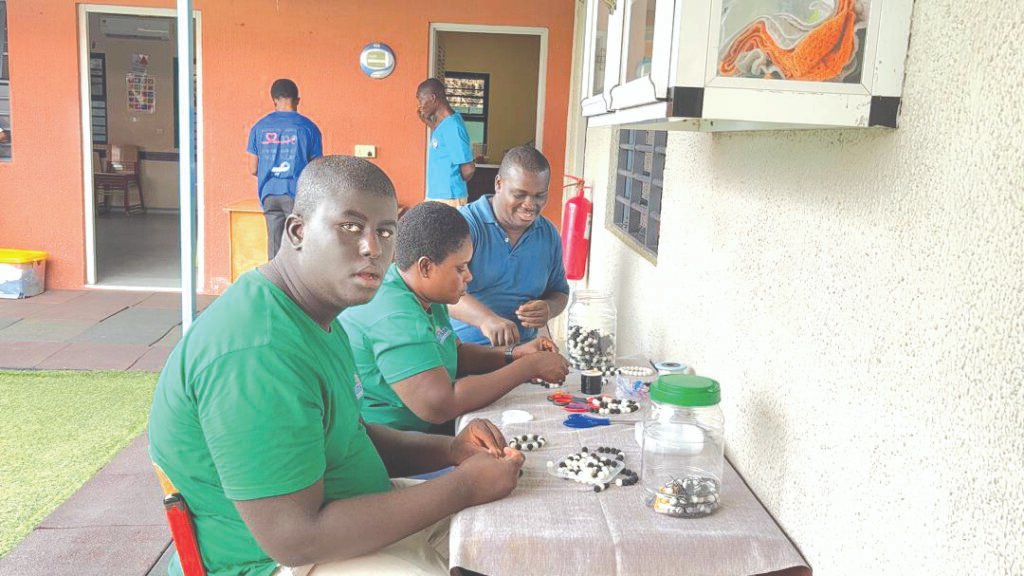
Beyond centre-based services, AACT places strong emphasis on autism awareness and advocacy, particularly within schools and communities. Many children with autism in Ghana continue to face rejection and exclusion due to stigma, misinformation, and the lack of trained personnel in educational institutions.
In 2025, AACT reached over 20 schools across the country, providing autism education to teachers, students, and school administrators.
The organisation also runs free teacher training programmes, equipping educators with practical knowledge and basic tools to support autistic learners in inclusive classroom settings.
“Many schools tell us they are not resourced or trained to handle autistic learners,” Mr Grant explained. “Instead of waiting for change, we decided to go to them and train teachers for free.”
AACT also engages learners directly, addressing widespread misconceptions about autism, including the false belief that autism is contagious or caused by bad parenting. These outreach programmes aim to build empathy among students and promote peer support for autistic learners in mainstream schools.
Another major challenge confronting families is limited access to autism services, especially outside Accra. With most autism centres concentrated in the capital, many families from other regions are forced to travel long distances or keep their children at home due to cost, stigma, or lack of support.
“Education is not meant only for typical children,” Mr Grant stressed. “Children with autism also have the right to education and care. No child should be hidden because of lack of understanding or opportunity.”
As part of its outreach work, AACT supports parents to overcome stigma and encourages social interaction for children with autism, believing that community engagement is essential for development and confidence building.
In December 2025, the centre received what it described as its largest donation of the year, raised by children from the Unmasked Mentoring initiative. According to the organisation, the donation was particularly significant as it demonstrated empathy and social responsibility among young people.
As a non-governmental, non-profit organisation, AACT depends largely on donations, partnerships, and goodwill to sustain and expand its work. Current needs include a minibus for community-based social activities, expansion of its facility to accommodate more learners, sponsorship support for children from financially challenged families, and funding to scale autism awareness programmes nationwide.
Looking ahead, AACT envisions a Ghanaian society that is inclusive, informed, and supportive of persons with autism.
“Our goal is a Ghana where children with autism are accepted and supported,” Mr Grant said. “Every child has potential. All they need is understanding, opportunity, and care.”
By Esinam Jemima Kuatsinu

